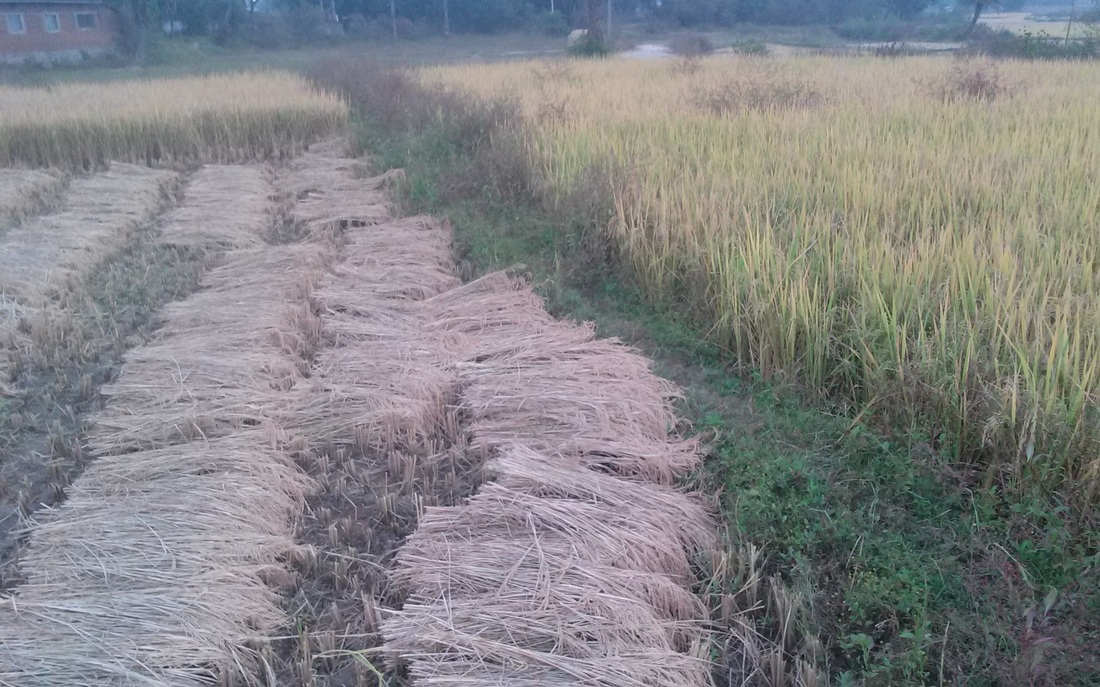 A pastor at dinner tonight was told there was Roti (flat bread) for dinner and he said "Man does not live by bread alone, there must be rice." Rice is the favorite food here in Jharkhand and in many parts of Asia. As I drove through the countryside today the rice fields were vast and plentiful. It was a good rain this year and now a good harvest. There will be rice plentiful.... and hopefully some of the local people will get some. I was interested in what I just read about something Ferdinand Hahn wrote about rice back in the 19th century: "Meals are taken only twice daily, one in the morning between 10 and 12 o'clock, the other in the evening between 8 and 9 o'clock. It is astonishing that the quantities of rice, the principal food, are devoured; but it is not surprising, for the time between the two meals is long and the nutrient which the rice contains is small. In times of distress, the Kol (Adivasi) also had only one meal a day and spurned nothing that was only edible in some way, roots, leaves and berries of forest trees were eaten. Only dog and cat meat he never eats." He goes on to describe how rice is grown: "All the Kols are passionate farmers, and everyone is looking to have as much land as he can acquire to live on. Even those who have a position, or is a craftsman or servant, will always strive to acquire some land which can then be worked by others. In January the occasional (rain) falls, and then the Kol farmer rushes to plow his field once or twice. For this he needs a very primitive plow, which draws only flat tracts; but as long as he has no greater and more powerful cattle, a deeper plow can not help him. In April and May he fertilizes the field with the droppings of the herd, which he has collected, or (after) burning the cow dung. He also uses the remaining (mud) of dried ponds and lakes to fertilize. He would not allow himself to be induced to use wet manure from the cattle stable, which would be (is otherwise) so advantageous in a hot country, The field which is owned has ground water and can only be plowed in the hot season, in May. As soon as the first rain begins after the outbreak of the monsoon at the beginning of June, the upper field is plowed again, if possible, twice. Then he smoothes and forms it with a board. In the lower field, the rice is not sown, but planted, after a bed of plant-seedlings has been prepared. Only when the farmer does not have the means for costly transplanting of the rice-crops does he also sow the seed in the mud. In this case, however, he must again plow to loosen the sown seed. If he can not do this, and if he had not sufficiently seeded, he takes whatever the soil gives of itself; of course, this is only for a year after the field has been prepared beforehand. The Kol has three different types of field: the heavy marsh ground, which he calls nagra, which always has enough moisture, and is therefore always able to yield; the lower field, which still produces its fruit in an average rainfall, is called garha; and the higher arable land, which yields only with copious rain-yield, the chaura. The Koi farmer knows quite well which kinds of rice are fit for the different soils. In the nagre field, he uses the barka, the large-grain rice, the bansphul = the "bamboo blood" and the tangabent = the "axe handle". In garha he uses the "tiger claw", the "cucumber roots" etc. In chaura the most hope of prosperity is the "small", the "hyena eye" and the "ball". These three types of field are called don or dhoin, i.e. washed or watered, because they must always stand under water for the rice to flourish. A high field is called taur or dar, i.e. branch. On this, the best growing types are the goradhan = the light-colored rice, "the bony," the "brother", etc." So if they once had such rich variety in rice why is it that every, almost everywhere in Asia, eat white rice? I found an article that explains the story of rice from a Filipino perspective http://www.yesmagazine.org/blogs/john-cavanagh-and-robin-broad/the-story-of-refined-white-rice. The practice of polishing rice is 150 years old and was done primarily so that the rice would last longer and be lighter for shipping to the west. When it was first introduced locally it was not liked, but the demand for polished rice was so high that soon the people began to eat this rice that has lost most of its nutrient value. But to get people to eat "brown" or "dirty" rice is very difficult. In the villages there may be some benefit of using the rice right from the farm, before it goes to the mill. But most do not labor so intently to get their rice as was described: "Harvesting the grain is done with the sickle, a laborious work in which men and women share. The former carry the sheaves on their backs to the khalihan, the threshing floor, which is usually made near the village by pounding the earth. The threshing is carried out in such a way that the grain is finally spread around on the khalihan. Wicken and similar plants are pressed out with pricks, which is also seen to by women. When the rice is threshed, it is cleaned by men by means of a shovel of dust and straw, and wrapped in straw bales, and driven home, or carried in baskets, and stored in large baskets of bamboo-braiding." They will celebrate the harvest and I was given a sample of the "Chawal Ladoo" that is so popular during that festival Still I will give thanks for white rice, for it is great to eat when your stomach is not doing well as mine was the other day. That and three bananas for a day and I'm back to normal. Oh and several liters of water with ORS (Oral Revitalization System powder).
0 Comments
Once again I was so graciously welcomed by the town council of Lohardagga as I visit them again to present a photo of the first town council in 1888 that was formed by Ferdinand Hahn, who was also the first President. I handed the photo to the 22 President of the town and to the town hall members and staff. There was much good conversation. I only pray I don't get into too much trouble having expressed my personal opinion about the CTA Chotanagpur Tenancy Act 1908 that is currently being challenged. It has been the only strong piece of legislation that has stayed in tact in favor of the Adivasi. True it was created by German missionaries, but with the understanding of the importance of ancestral lands as the primary foundation of maintaining community and culture. if it is altered or removed the advantage will go to others and the Adivasi will have nothing left to protect them. It is my opinion, but they wanted me to go on record for having said it. Otherwise we discussed about Ferdinand Hahn's contributions in language education and health, and about my family heritage (four generations working in India) I asked them to find out if anyone in the town can identify anyone in the picture as their own ancestors and if they have pictures to match. Of course they started to say this looks like so and so and such and such who are presently on the council. My host, Manorma Ekka was very good at pushing me to say everything in Hindi. 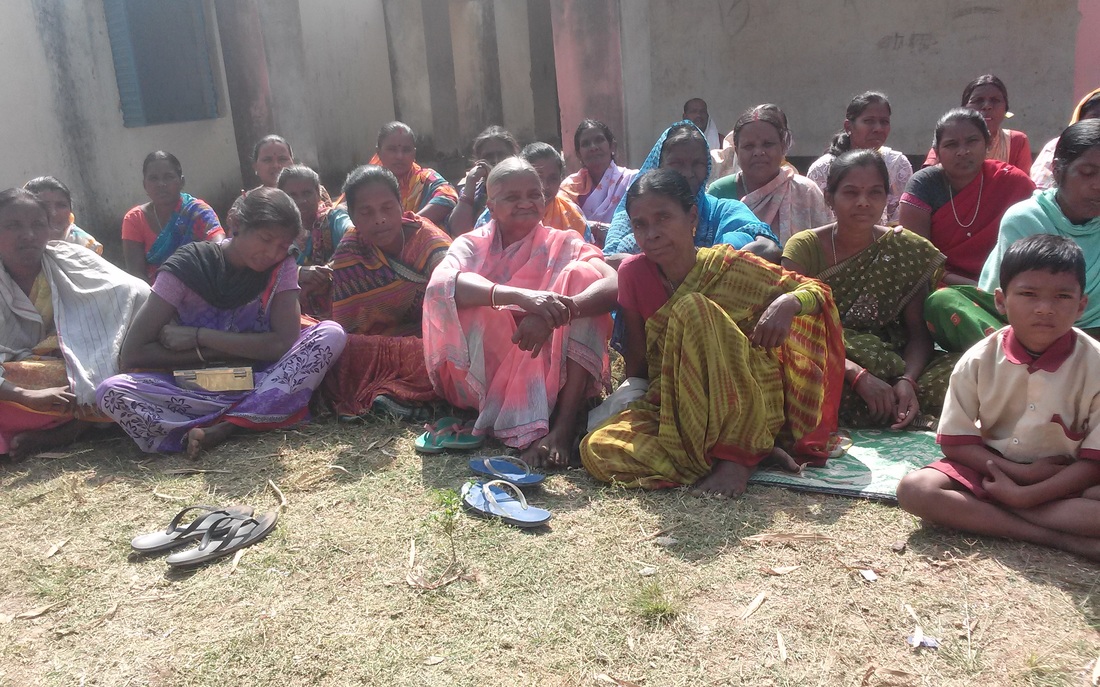 After our short visit to town hall we were went to visit a group of women who have a savings network. Each woman pays into it 10 rupees monthly and then they can borrow from the fund when they need money for seeds or medicines or such. I asked why the men don't also do this. They teach the children to save and budget but the men "live for themselves", while the women manage the care of the family. "Johar! Neem ekane aradaya" I most probably have massacred it but it means: "Greetings, how are you?" There were six groups of women. Each keeps their own money box and when it is full it goes to the bank. A registry book keeps all their pertinent information, including remarks from guests.
This may have been the most followed US election in India. Of course in Jharkhand there are so many other greater concerns that most of the people didn't know the results but they all seem to have a sense of who Trump and Hilary are. There are of course extreme right wing Hindus who have made him into a god. But for most people I think it is a bit bewildering to many that the nation that represents democracy in the world (debatable, I know) is possibly poised to change that (remains to be seen). The Hindustani is not perhaps the best representation of newspapers, but is one you can read.  "Don of a New Age" Don means mafia thug here.. But Bollywood has managed to make that somehow into a heroic figure by casting India's beloved SRK movie star in a series entitled "Don" Who knows maybe we will learn to love this Star-wanna-be. I doubt it. I'm sure those who voted him in will quickly be disillusioned if it is no longer in his best interest to appease their sway. Meanwhile what is really stirring India up is a sudden announcement that all 500 and 1000 rupee notes were no longer valid. ATMs were shut down and people are expected to go to the back to trade in what ever you have (I have 3 thousands and 1 five hundred. Value is about $15 and 7.5) Only apparently gas stations were permitted to accept the old currency and so there were long lines. I thought there would be long lines in the banks also, but I guess they are closed. The point is to get all the black market currency out. So apparently temples are being filled with donations in the millions of these large notes as people try to ditch their dirty money.. Meanwhile my time here has been most productive and enjoyable. Remarkably a young woman named Unupama from Delhi University came to do research at the GTC. She is from Chattisghar, an Oraon and learned German because the church where she grew up had a library of books that the German missionaries had left. She is going to study the impact of the German Missionaries on Language and Literature. We had so much to talk about. Last night I was invited to be the chief guest at the sports award ceremony at the Gossner Theological College (sadly I didn't take my camera). I told them the story that my kids love about Olympic winners. That the difference between first and second place is no bigger than a hair width. We make a big deal of the winner, they become famous. But everyone after them become unknown. By a nose a man becomes the most famous man in the world and every one else is "koan hai". Luckily, as people in the light we don't have to live like that. Everyone is known and recognized for their achievements by God, and we must honor all as God honors them. The staff of the HRDC guesthouse where I stay have been busy working since there is a conference going on of Mennonite partners in India. They've been having to cook for and clean after about 60+ people. I made a comment to Sucheema about how everyone is working so hard (maybe about 10 staff members). She replied with her contagious smile, "But we are all working doing our part. As long as we work together it is a good thing." It made me think that if they feel the ripples of our angst and disunity in the US all the way over here, wouldn't it be nice to have the ripple roll back. From the heartland of India, the original peoples, may the lessons of unity, hard work and team work be followed. My next adventure is 4 days in Lohardaga, a village further into the interior of Jharkhand. It is where our ancestors once lived for 20 years. I don't know what I will find, but it is remarkable the kinds of things that I've learned. For instance at breakfast one of the men at the conference came up to me and told me his whole family tree. Five generations going back to Hanukh Lakra the third ordained pastor among the people of this region. He has pictures and stories to share with me. What a valuable connection. It only makes me recognize that I am just an instrument. God is leading me and guiding me in this process. I don't know who will cross my path, I don't know what I need to know until it simply crosses my path. I must confess I feel a most inadequate vessel. If only I was younger with more energy, and more equipped to ask the right questions and how to dig deeper, but as I see that my ancestors only had their zeal and their determination to go by that I also, led by the same Spirit, just push on forward and I can only say it's an amazing adventure. I am praying that people in the US recognize their own potential to be the change they want to see, that we can leave this season of truly atrocious hate-mongering and slander and flow into a season of reflection, reexamination, renunciation, repentance, rejuvenation, restoration and refreshing. The people here just finished singing: "let there be peace on earth and let it begin with me." Let it ripple out! Note: After a few days I see that there have been a lot of hat mongering demonstrations as well as people raising their voices to make it know that there is plenty still not right in the USA. We cannot assume that the march of hate will just stop over night, but don't let it weaken your resolve to go higher! 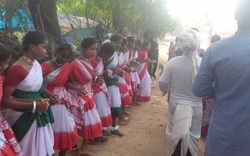 For those of you who are not on Facebook I will add what I can to this post. It isn't the best day for me to write about my first week, because I am utterly exhausted from a a long and delightful day traveling to Chaibassa. Today I am in Jamshedpur, the huge industrial city named after the first Tata industrialist. Quite a big contrast, and another day full of activities, as the church of 50 years here dedicates its new church. To say the least I am running on a thread of energy. However, I am taking advantage of the better internet here. Luckily in Ranchi It has been easy to load pictures onto Facebook and to write emails, but I couldn't even get my blog to open until now. So to take yo will share just a few photos for now. If you can get onto my Facebook page you will see so much more NOV 2 Mission Day, celebrating the past and continuing the good work that was started. What is remarkable is how self sufficient they are. Yes support is helpful from outside, but they do not want to start anything they themselves cannot sustain. Into the interior, hills and jungle where the Adivasi are majority, among them many Christia. Adivasi Not much more time. But here are pictures of Chaibassa where Ferdinand and Doris Hahn lived for a year or two.
|
2016 -2020These musings include the journey of my writing on the history of my great great grandparents and the travels for research to India, Germany and other places of interest. Archives
June 2020
Categories |
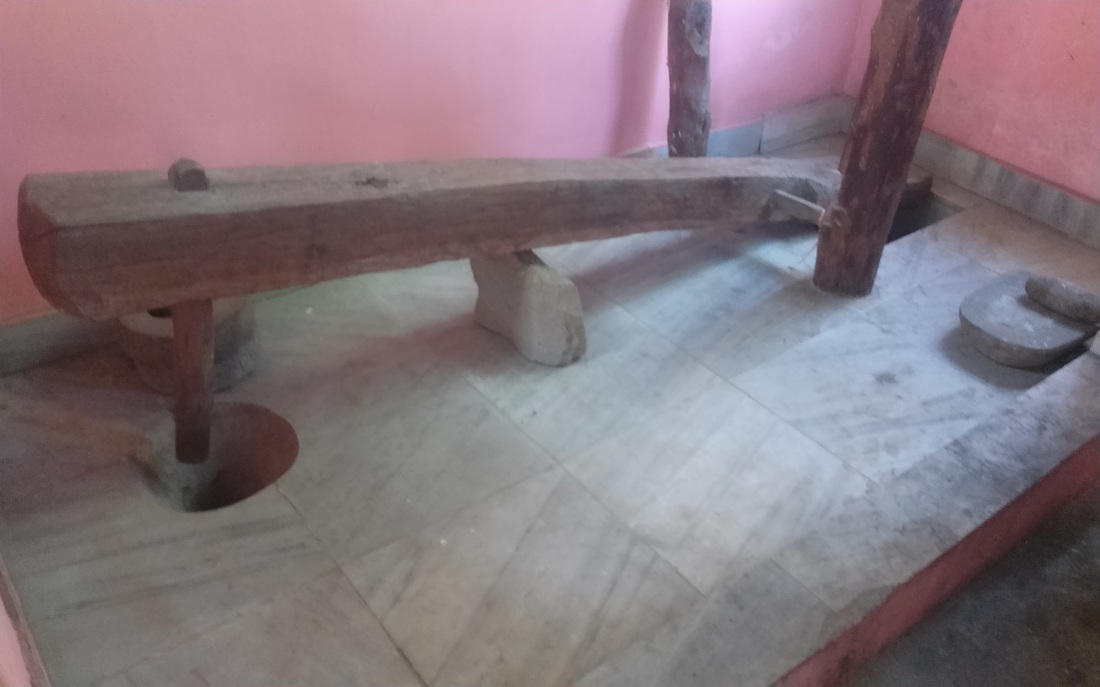
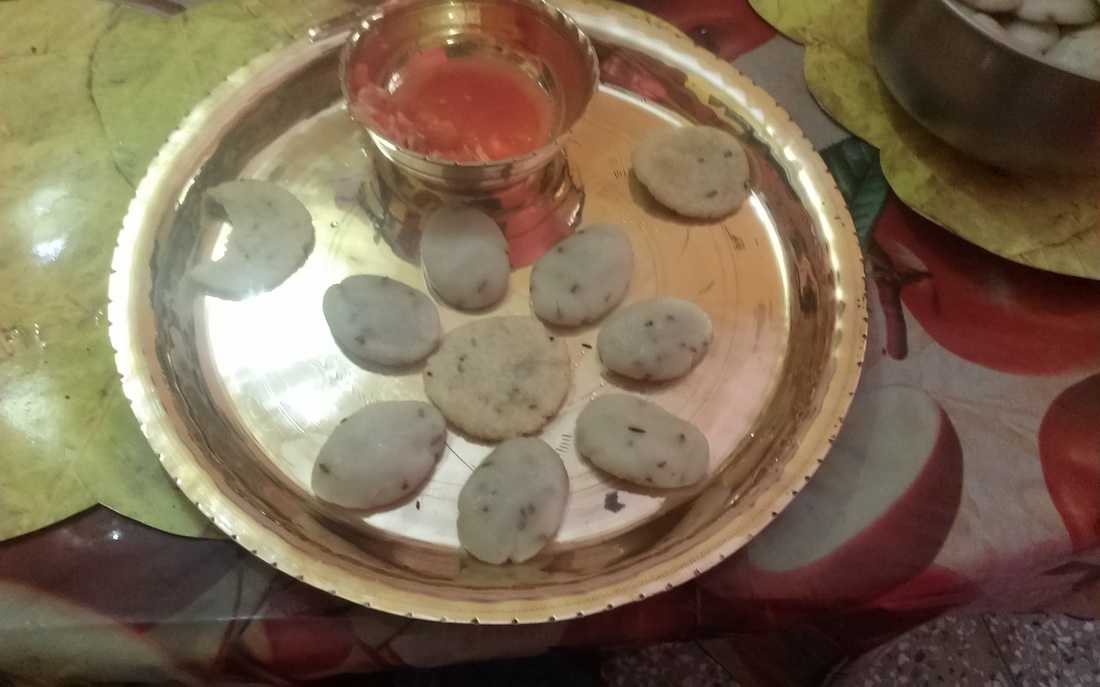
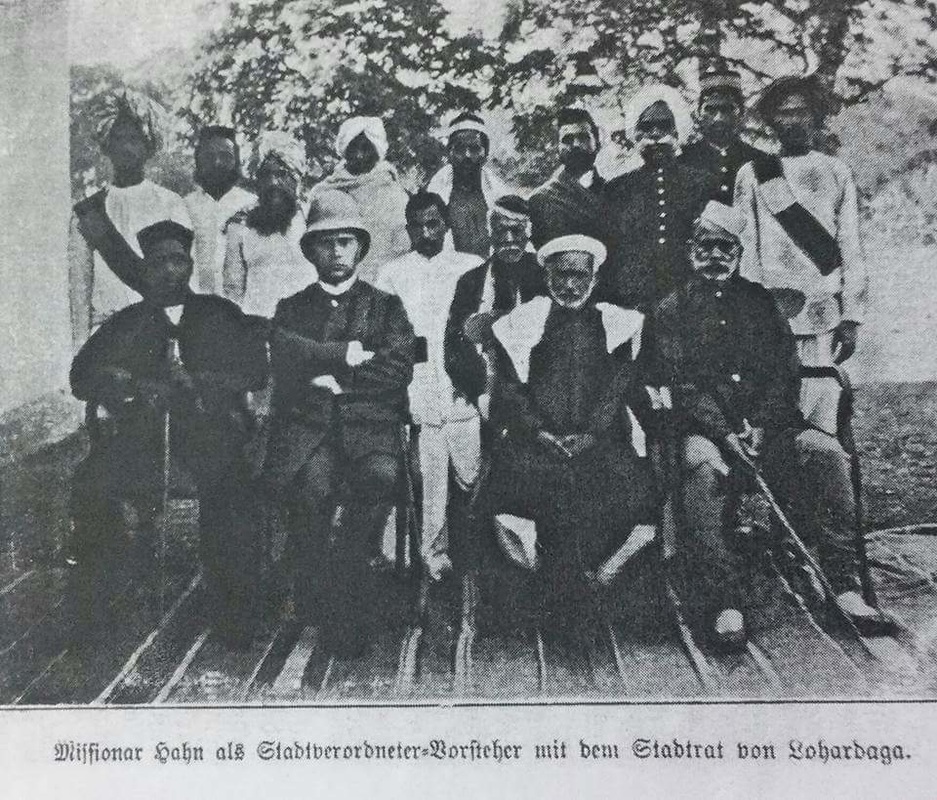
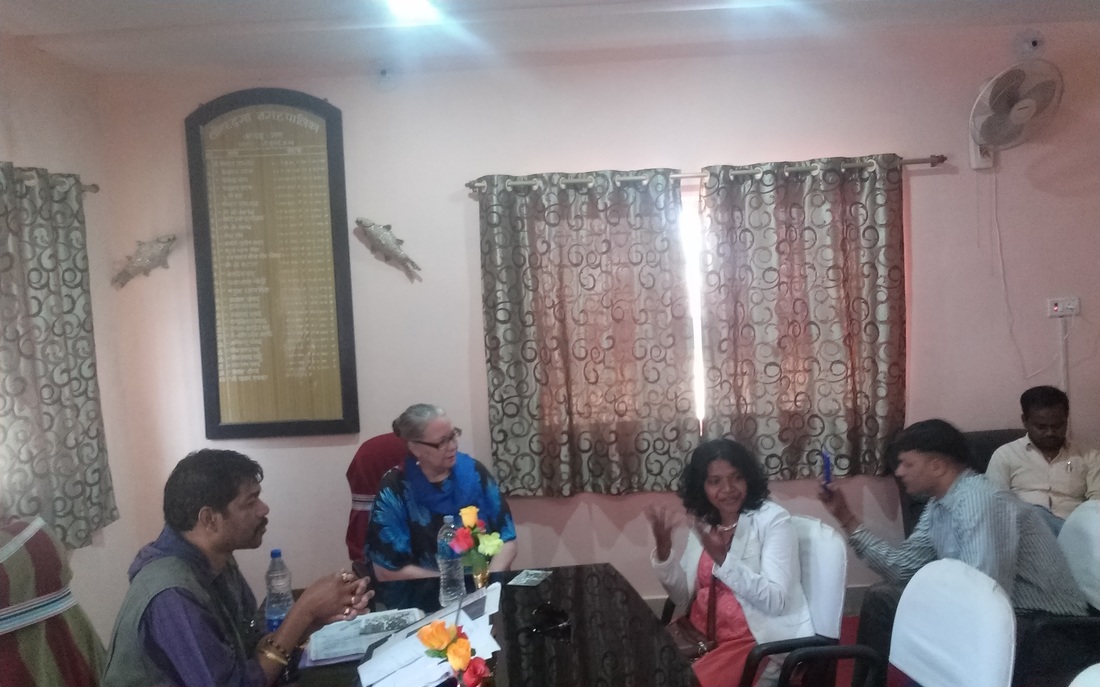
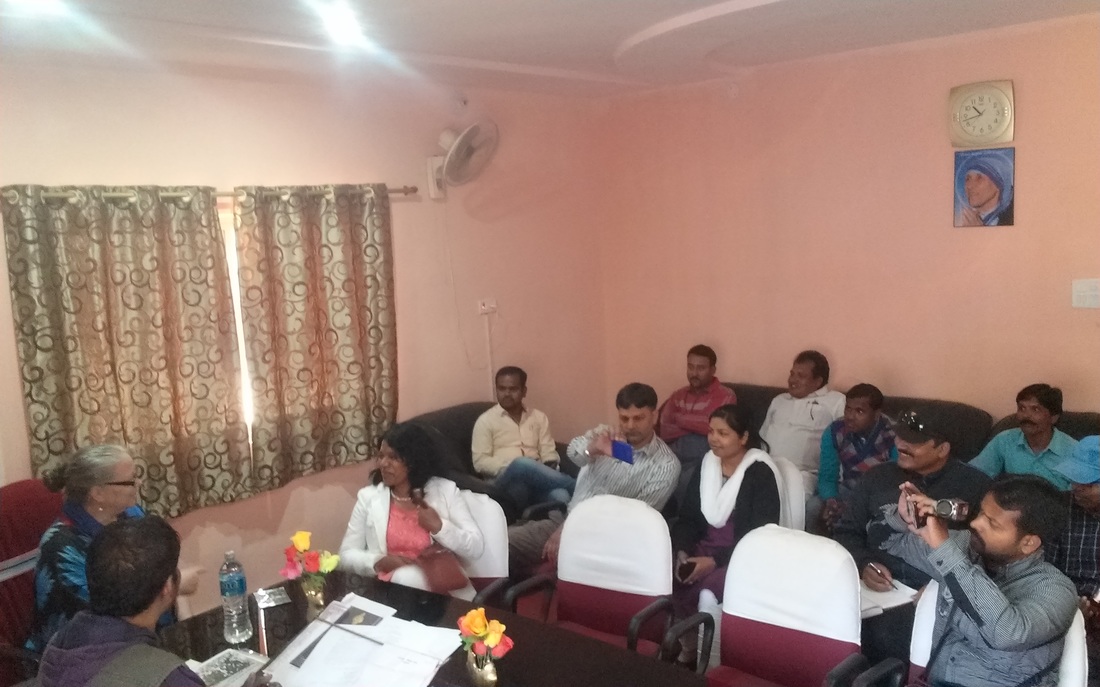
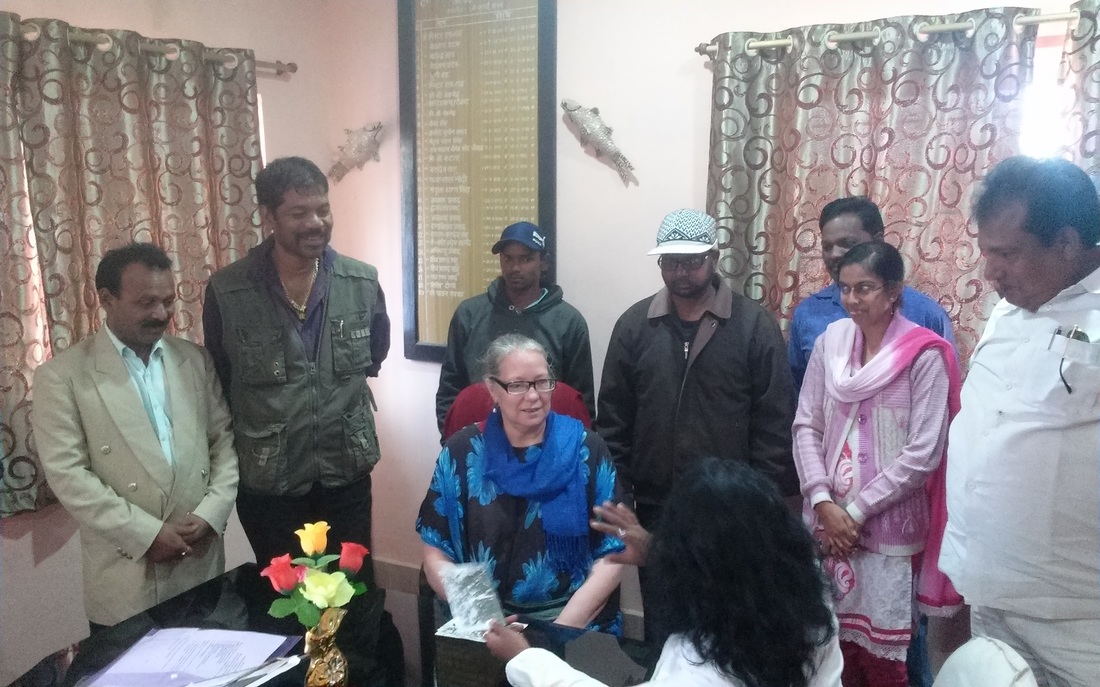

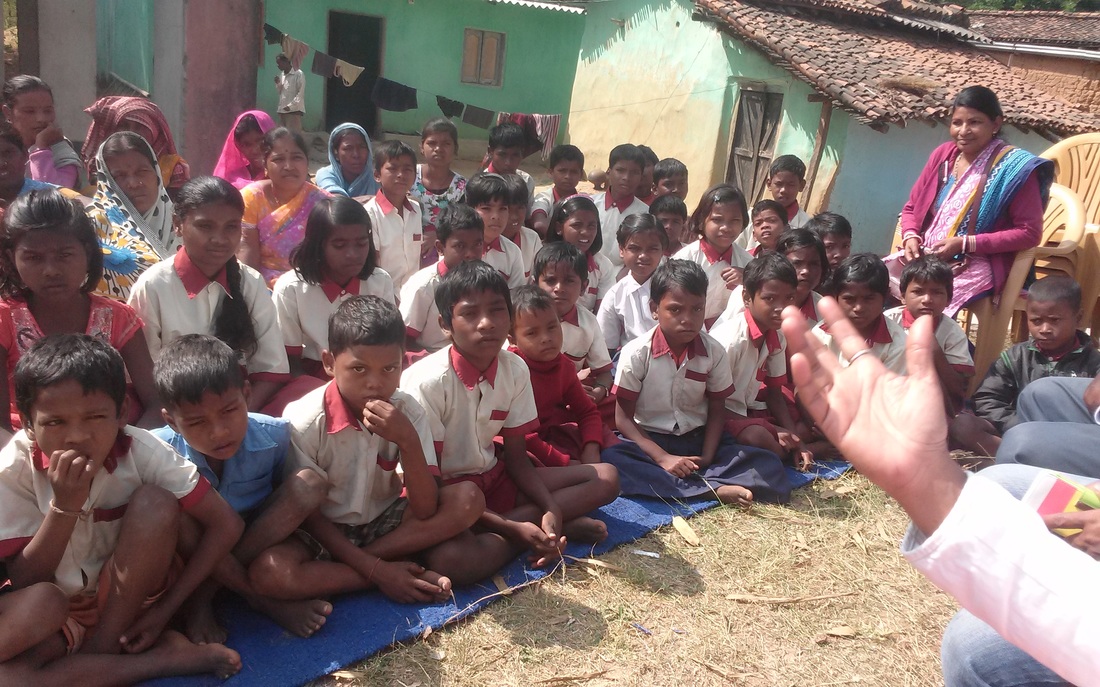
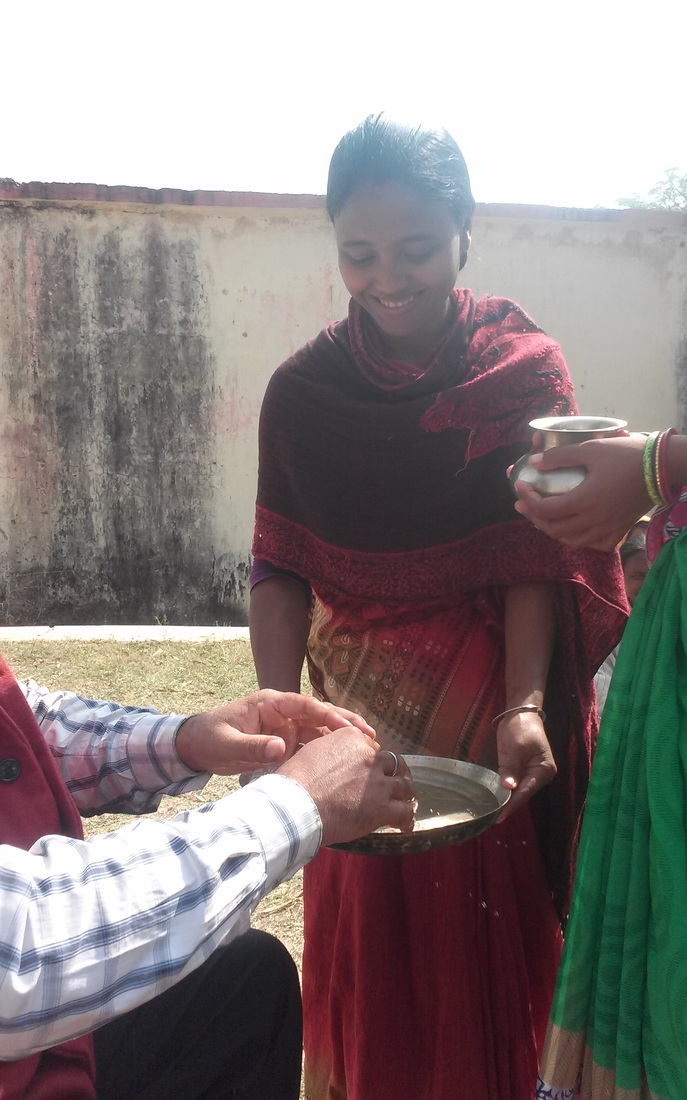
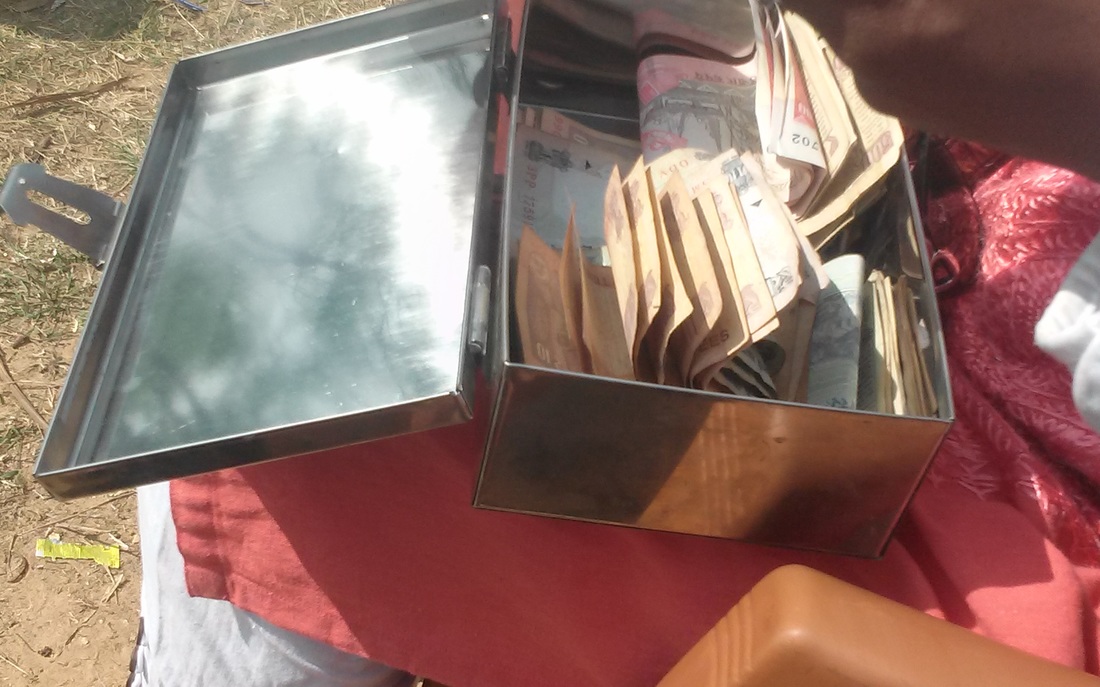
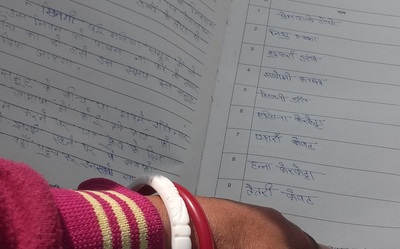
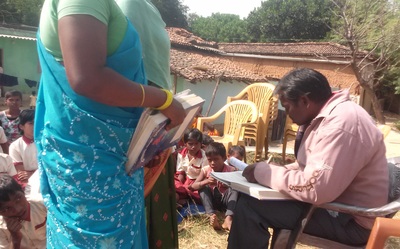
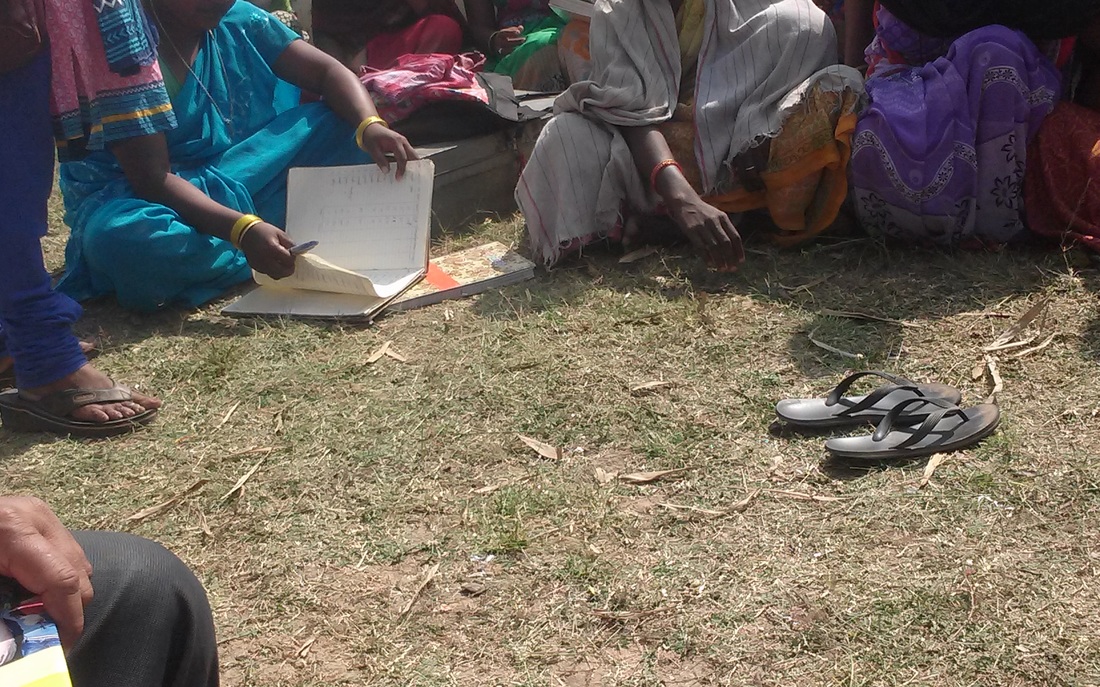
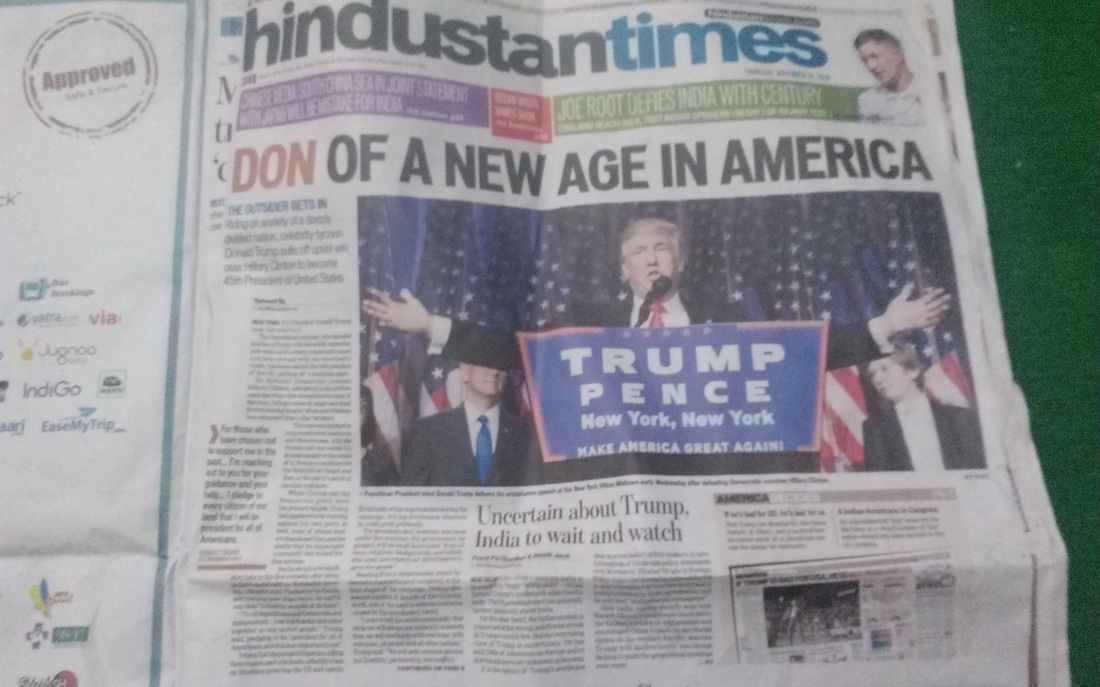

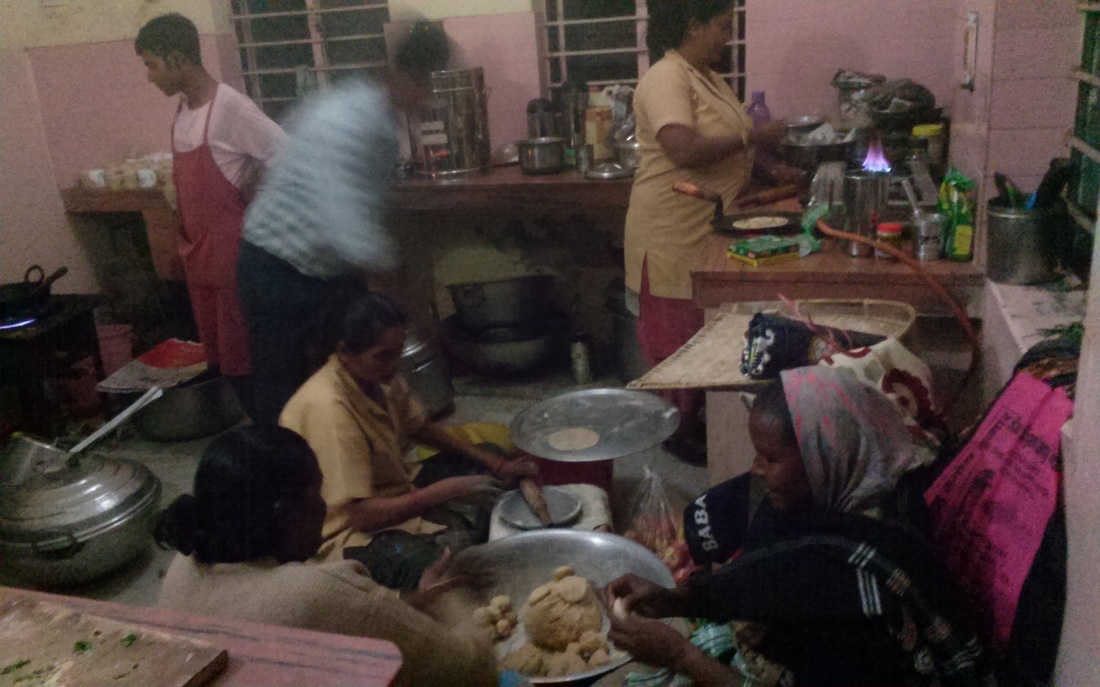
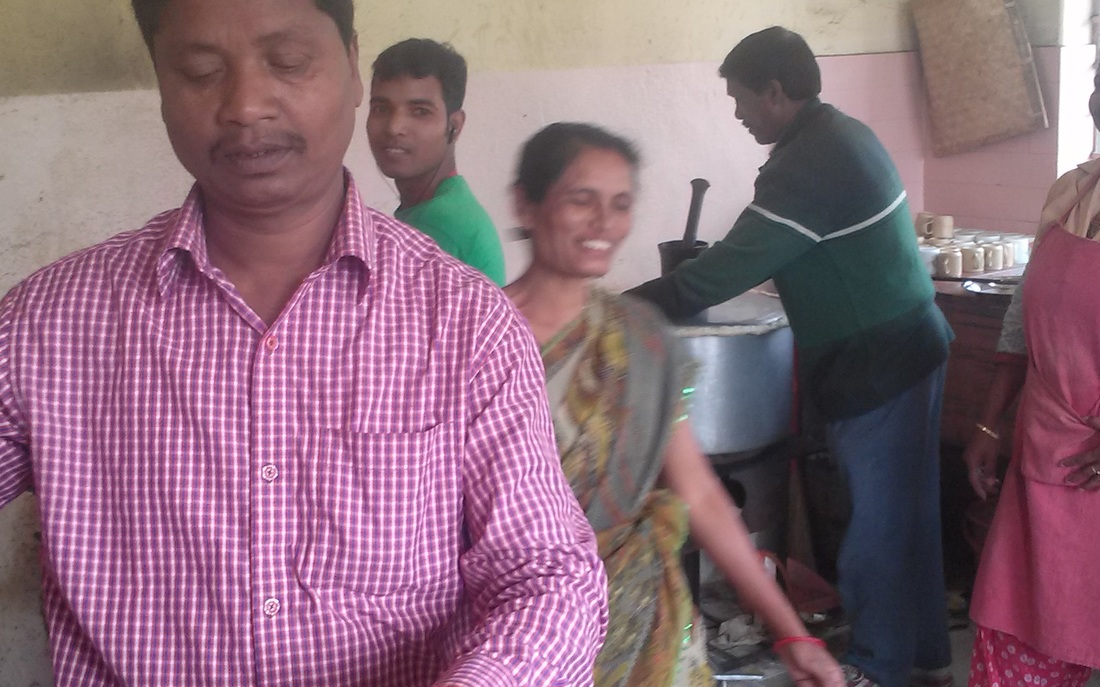
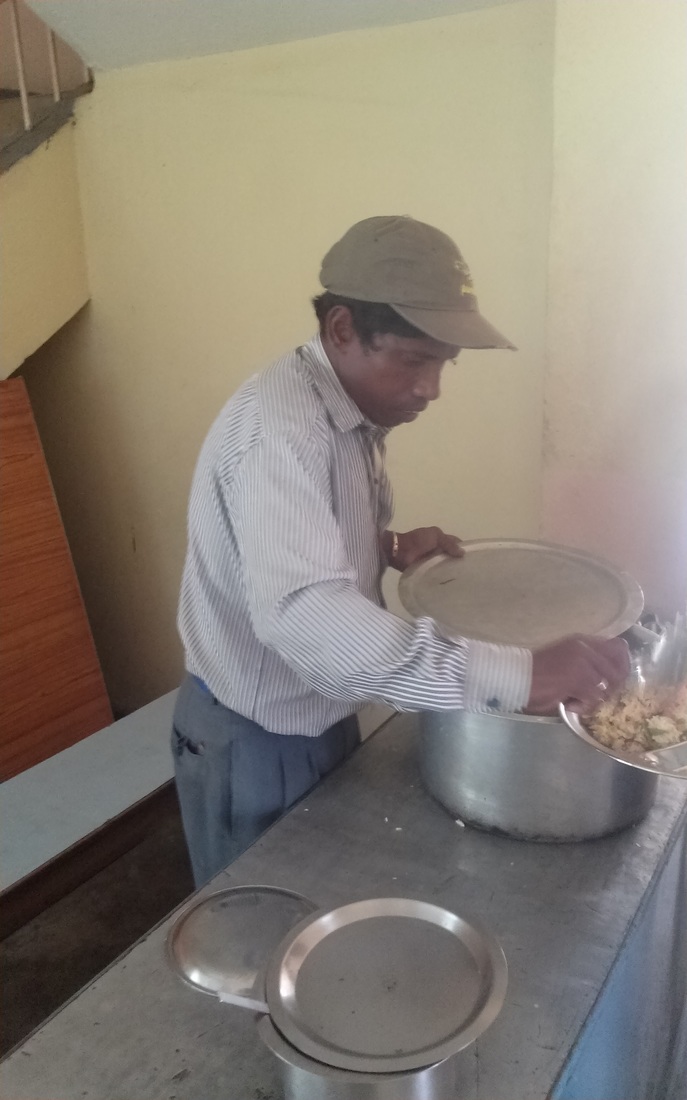
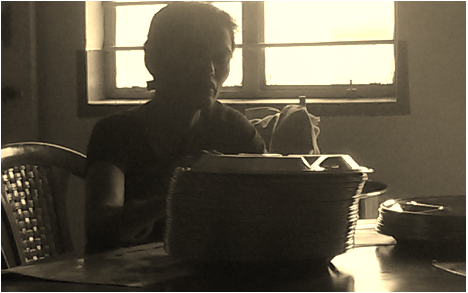
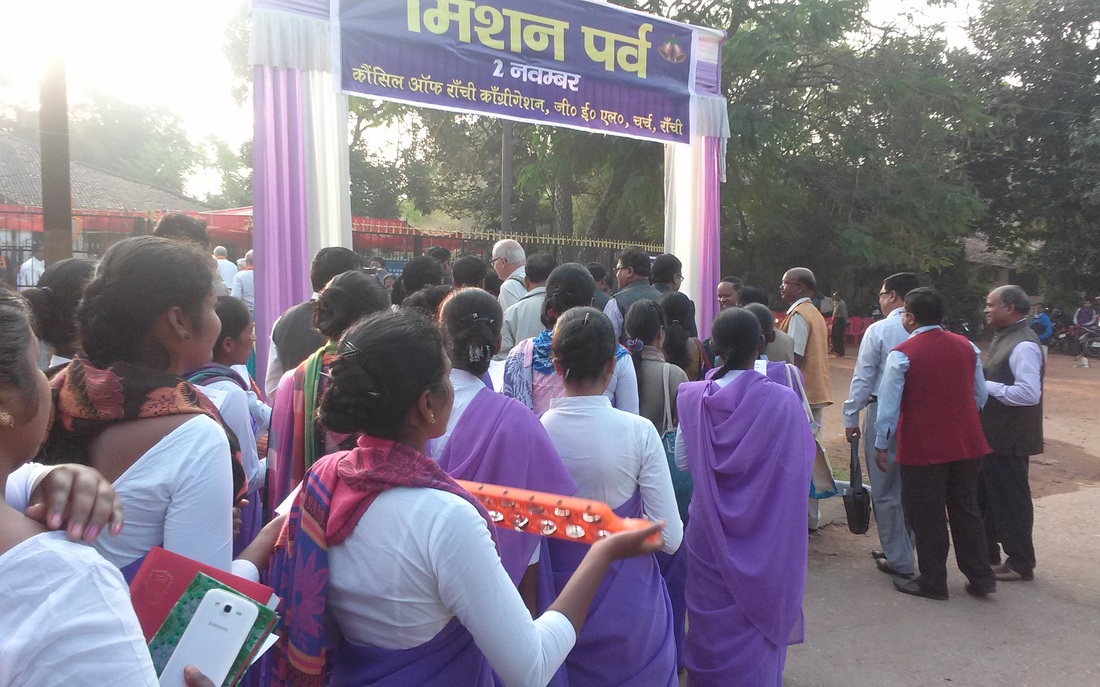
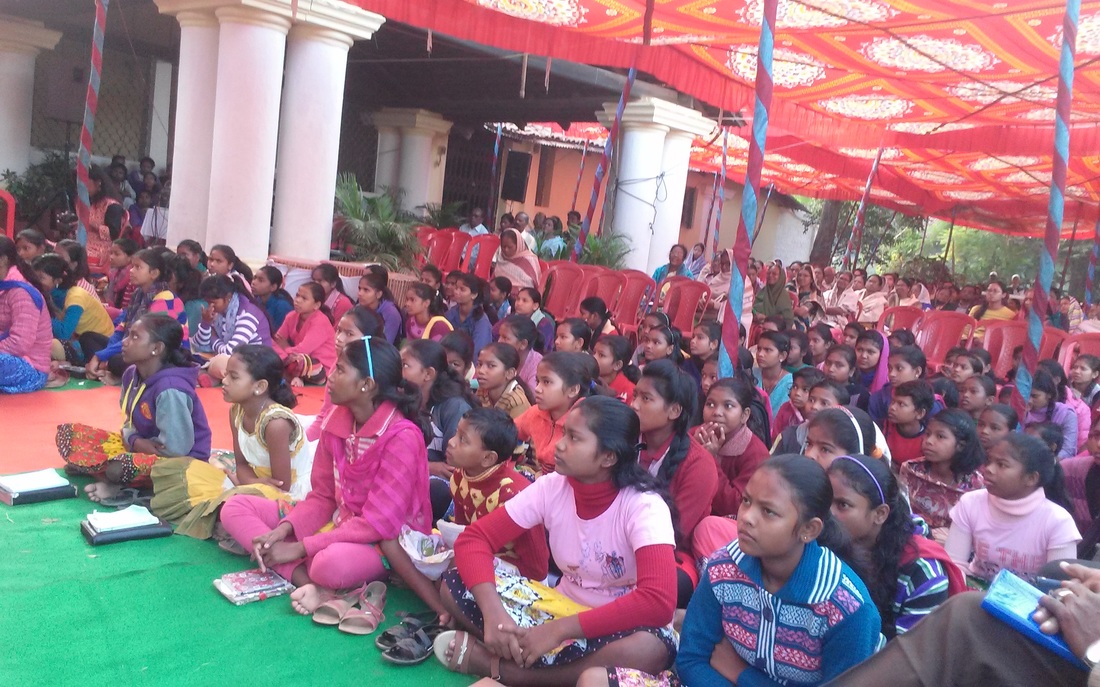
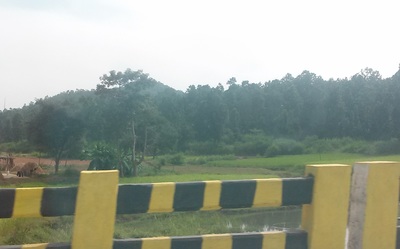
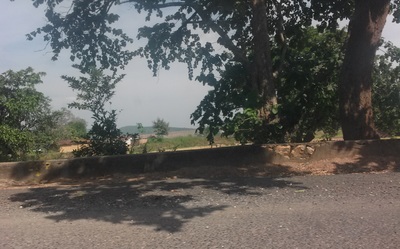
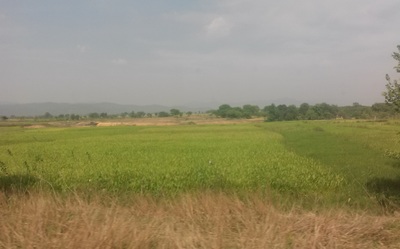
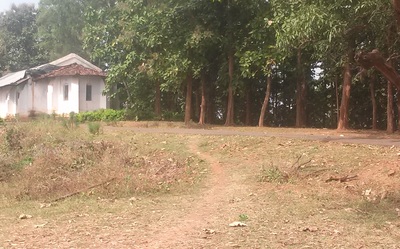
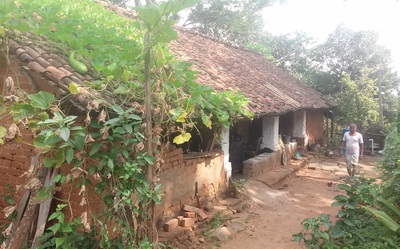
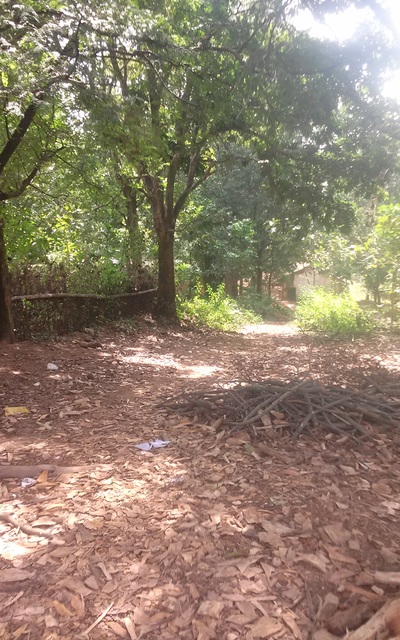
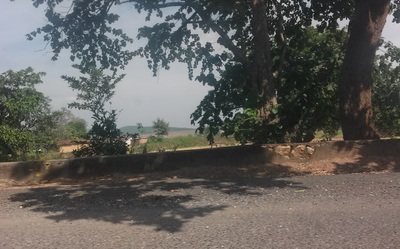
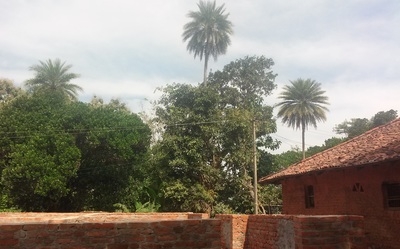
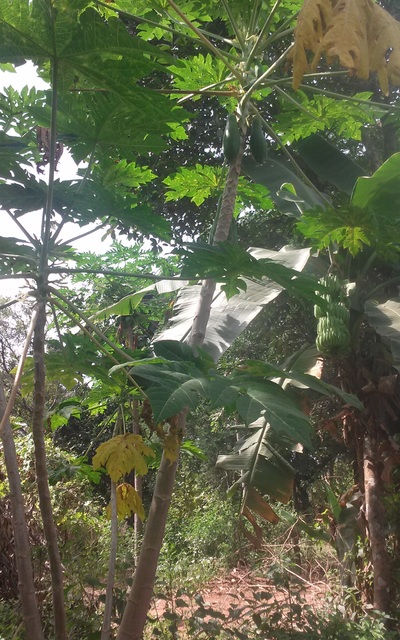
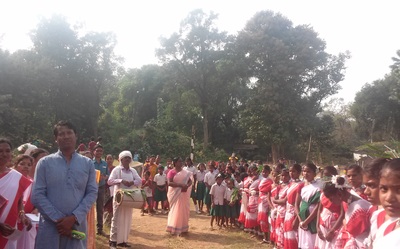
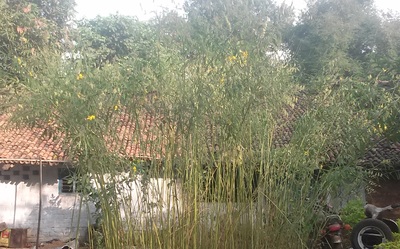
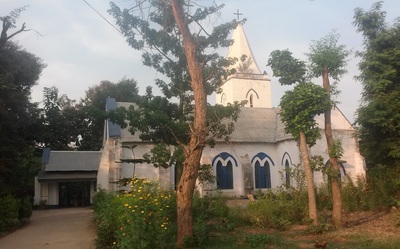
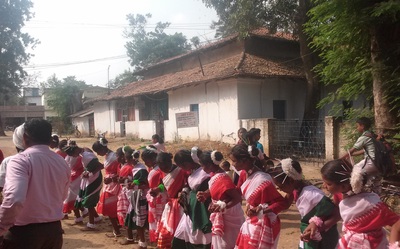
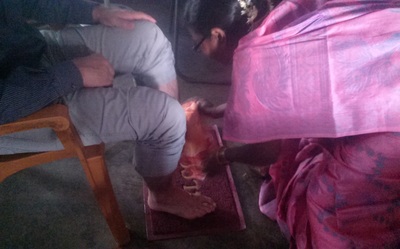
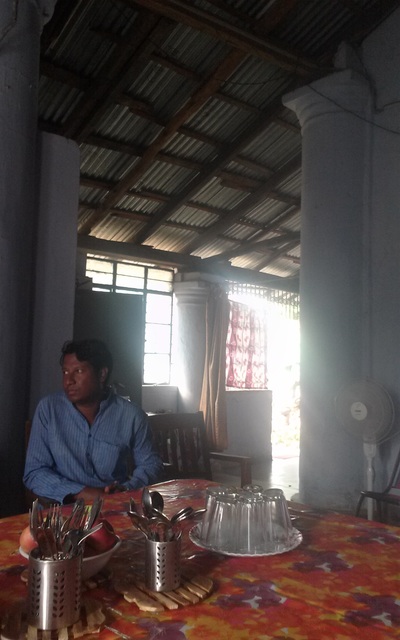
 RSS Feed
RSS Feed